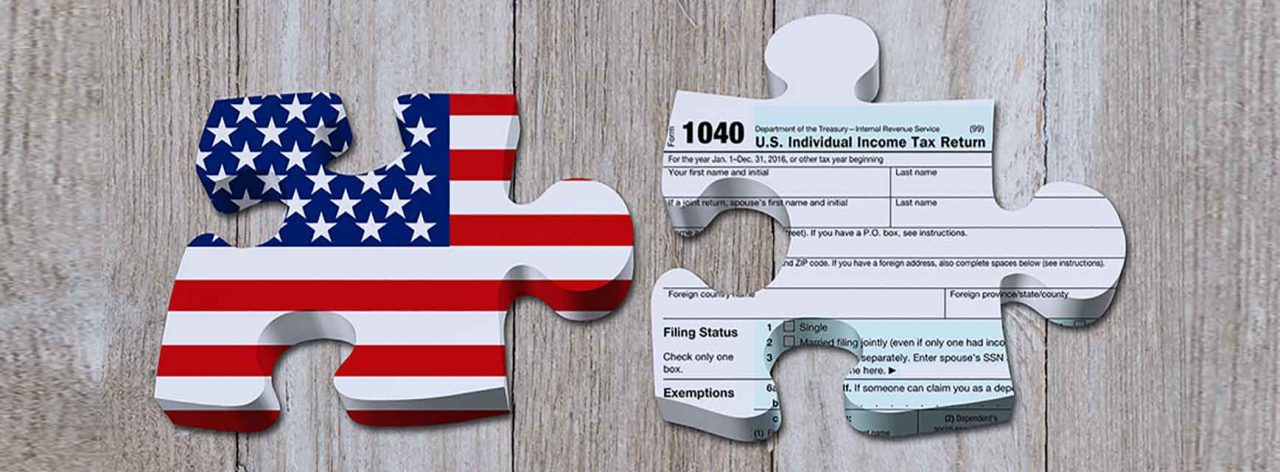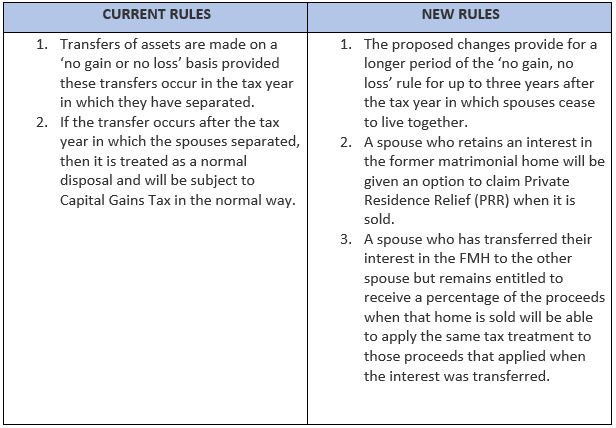The Finance Act 2022 included legislation to reform the way trading profits are allocated and taxed. The purpose of the legislation is so that profits are time apportioned to the tax year instead of the accounting date. This reform affects individuals who are self-employed, including partners in trading partnerships, if their accounting periods are not aligned to the tax year (dates from 31 March to 5 April inclusive are treated as aligned to the tax year for this purpose). The changes will take effect from the 2024/25 tax year, with transitional rules applying in 2023/24.
Special rules apply for the first year of a trade – where the individual will be allocated profits from when the trade commenced up to the end of the tax year.
Individuals and partnerships may consider if changing their accounting period to align with the tax year is beneficial. This may help to save on additional accounting and associated costs.
Where additional liabilities are generated in the transitional year, there is potential relief by spreading the additional profit over a 5 year period.






